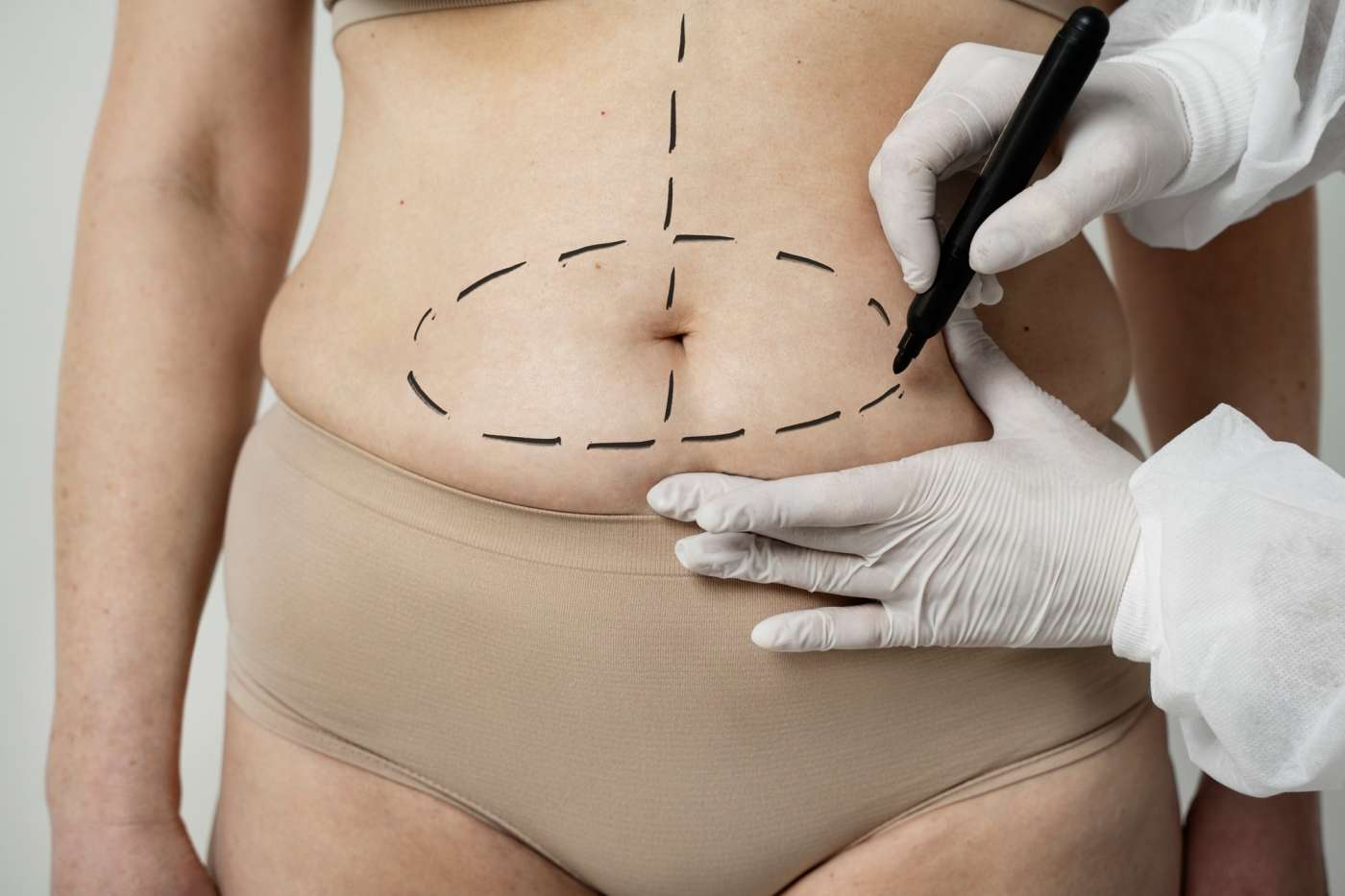Benefits of Bariatric Surgery
BlogAre you considering bariatric surgery for weight loss?
If so, you’ve already taken the first step towards achieving your health and fitness goals.
But do you know that bariatric surgery can also have life-long benefits beyond weight loss? It’s true!
When it comes to aiding in major medical conditions such as high blood pressure.
individuals who undergo bariatric surgery often achieve almost instantaneous results and enjoy an increased quality of health year after year.

In this blog, we will explore the many long term benefits afforded by bariatric surgery, helping equip you with the knowledge you need to make a more educated decision on whether or not this type of surgical procedure is right for you.
Benefits Of Bariatric Surgery
One of the most common long-term benefits associated with bariatric surgery is that it can help reduce high blood pressure.
Individuals who are overweight or obese are more likely to suffer from hypertension.
This condition can contribute to a variety of other serious health issues like – heart disease, stroke, and kidney failure if not managed properly.
Studies have shown that individuals who have undergone bariatric surgery experienced a drop in their systolic blood pressure—the top number on a reading—after only three months!
In addition to helping control high blood pressure, bariatric surgery has also been proven to improve symptoms of type 2 diabetes in obese people.
Those suffering from this form of diabetes often experience difficulty controlling their blood sugar levels and may be at higher risk of developing dangerous complications.
It has been shown to increase insulin sensitivity, reduce the need for diabetes medications, and improve overall glycemic control.
But it doesn’t just stop there!
Studies have also suggested that bariatric surgery can help with other medical conditions such as sleep apnea, which is a disorder that causes people to wake up frequently in the middle of the night.
Bariatric surgery may also play a role in improving joint pain in people who are overweight or obese.
By helping to lower body weight, this type of surgery can ease pressure on the joints and potentially reduce inflammation associated with osteoarthritis.
Reasons not to have bariatric surgery

Bariatric surgery can be beneficial for people with obesity, it is not suitable for everyone.
Some of the reasons why patients may not be eligible for the procedure include:
age (under 18 or over 65)
pregnancy
Excessive alcohol intake
Unwillingness to commit to dietary and lifestyle changes post-surgery.
Those with certain psychiatric disorders such as depression or eating disorders are usually not considered candidates for bariatric surgery.
Patients should talk to their doctor about their specific risk factors and decide if bariatric surgery is right for them.
What are the negative effects of bariatric surgery?
Weight loss surgery can produce significant changes in a person’s physical health and appearance, it is not without risks.
Some of the possible negative effects of bariatric surgery include: malnutrition, abdominal hernias, gallstones, vitamin A deficiency, blood clots, infection and dehydration.
Patients may experience long-term side effects such as nausea, vomiting, constipation and diarrhea.
Finally, there is also a risk of psychological distress due to changes in body image or lifestyle habits.
It is important for patients to discuss all potential risks with their healthcare provider before deciding if bariatric surgery is the right choice for them.
So there you have it! Bariatric surgery offers a multitude of long term benefits beyond weight loss,
all of which can help individuals who are overweight or obese take control of their health and improve their overall quality of life.
Talk to your doctor today to explore if bariatric surgery is right for you. Good luck on your journey to better health!


 +919011100010
+919011100010 


